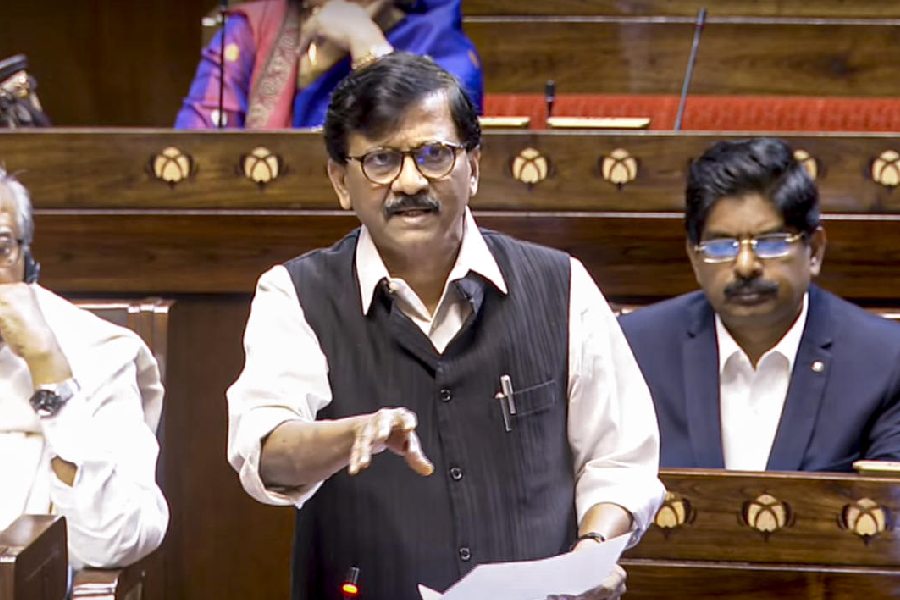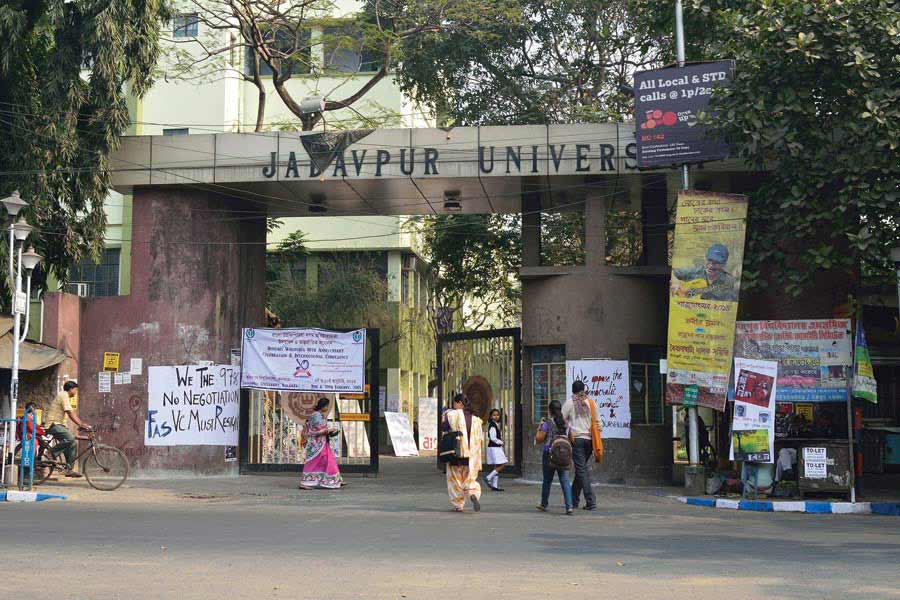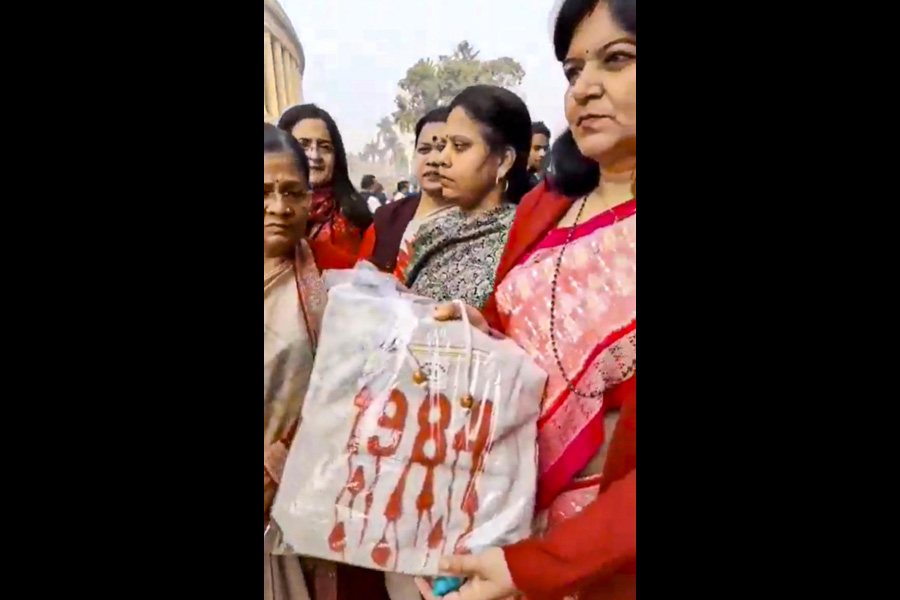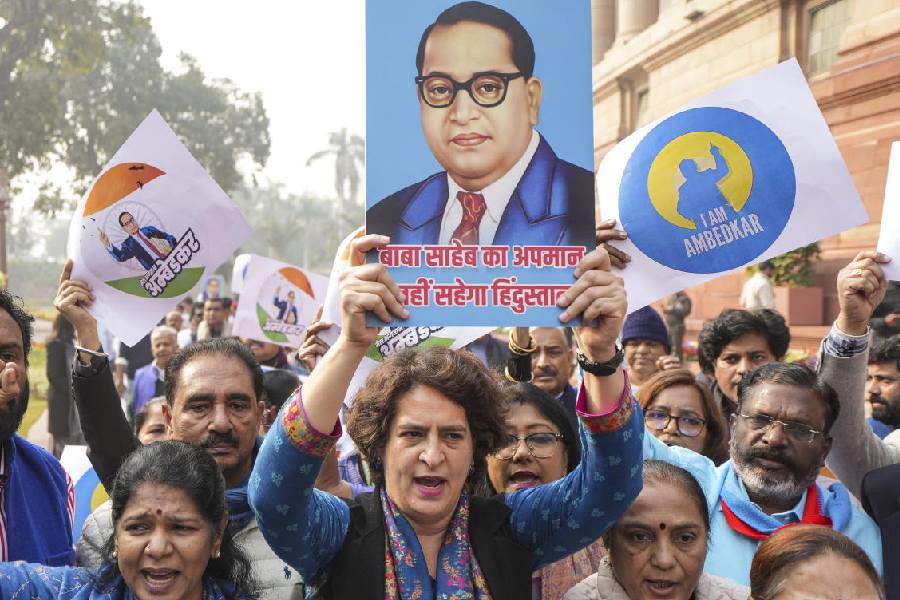The Supreme Court has ruled that even if a single blow on a vital organ causes death, the accused cannot escape punishment for homicide.
The apex court increased to eight years’ rigorous imprisonment the five-year sentence pronounced on one Ramavtar by Madhya Pradesh High Court.
The high court had reduced to five years’ jail the life imprisonment handed to Ramavtar by a sessions court on the argument that he had hit the victim, Kalyan, only once and that too with the blunt end of an axe. Ramavtar had hit Kalyan on the head during a fight between two groups in Madhya Pradesh on January 16, 1997.
A Supreme Court bench of Justices M.R. Shah and A.S. Bopanna passed the verdict while partly allowing an appeal filed by the Madhya Pradesh government challenging the five-year imprisonment handed to Ramavtar by the high court, which had acquitted eight others.
“The deceased Kalyan sustained the injury on his head which was caused by the accused Ramavtar. The said injury caused by the accused Ramavtar was on the vital part of the body i.e. head and proved to be fatal.
“Merely because the accused Ramavtar caused the injury on the head by the blunt side of Farsa (axe), the High Court is not justified in altering the conviction to Section 304 Part II of the IPC,” Justice Shah wrote in the judgment.
The sessions court had handed life imprisonment to nine persons, including Ramavtar, for the murder of Kalyan because of previous enmity.
The high court acquitted eight of the accused, but held Ramavtar guilty of causing the death of Kalyan as he had inflicted the fatal injury.
The high court, however, altered his conviction from IPC Section 302 (murder) to Section 304(2) (culpable homicide not amounting to murder) and jailed Ramavtar for five years.
The state filed an appeal challenging the lenient view taken in the case of Ramavtar and also the acquittal of the eight others.
The Supreme Court, while agreeing with the acquittals, felt that Ramavtar could not be let off with only five years’ imprisonment on the assumption that he had hit the victim only once.
“As held by this court in a catena of decisions, even in a case of a single blow, but on the vital part of the body, the case may fall under Section 302 of the IPC and the accused can be held guilty for the offence under Section 302 of the IPC,” the Supreme Court said.
“…We are of the opinion that the high court has committed a grave error in altering the conviction of the accused Ramavtar…,” it added.
The court gave Ramavtar four weeks’ time to surrender and serve out the remainder of his jail term. Besides the jail term, the court fined Ramavtar Rs 5,000, failing to pay which the time of incarceration would be increased by six months.











